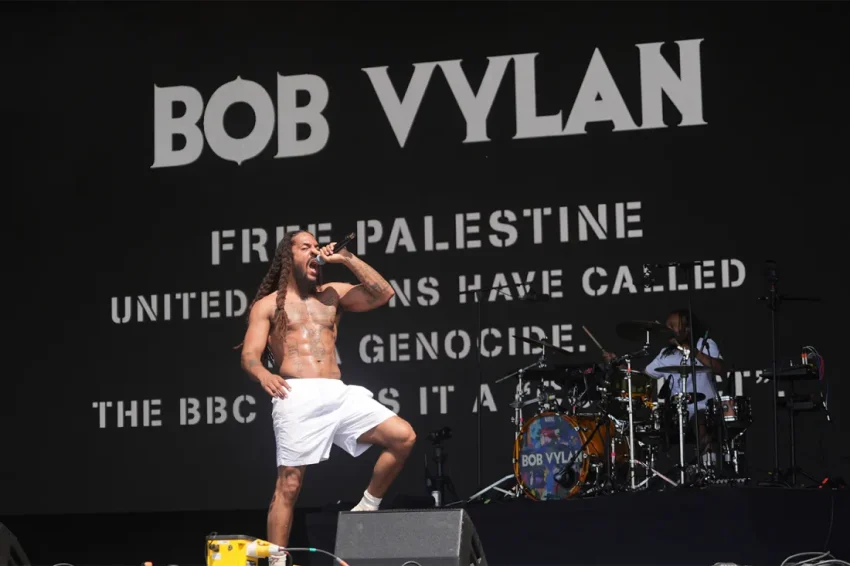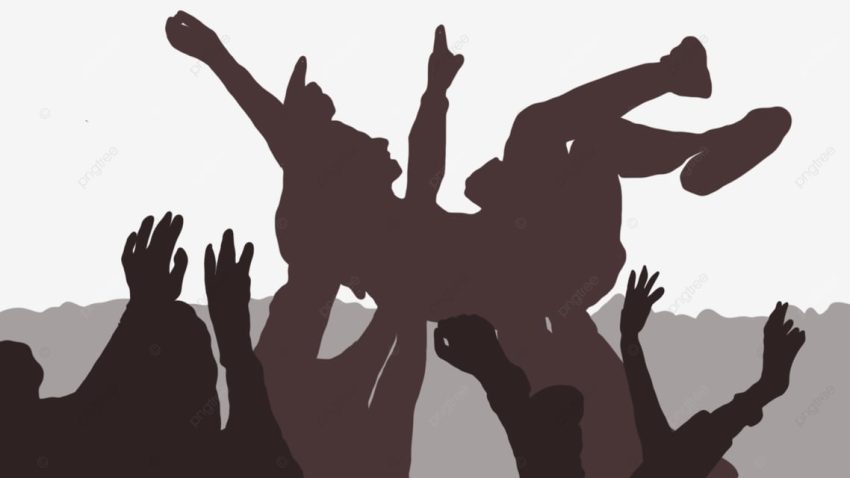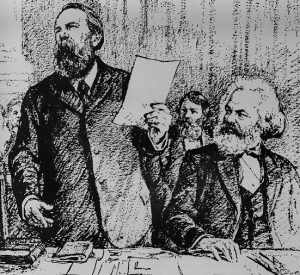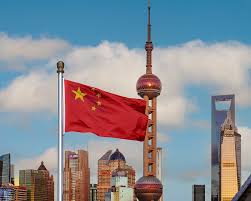The Partisans Magazine is excited to publish the second podcast of our Culture Committee. This episode looks at the Star Wars series, Andor, a series directed by Tony Gilroy on what it means to live a revolutionary life. One could feel Huey Newton’s metaphorical ghost whispering in the background.
Introducing The Partisans YouTube playlist
Rebel music, rebel culture.
The Partisans Spotify playlist
Enjoy The Partisans Spotify Playlist.
Regular daily postings to The Sweep
New articles and videos are now being regularly and consistently posted to our news aggregator, The Sweep. Use the Sweep as a part of your daily news feed.
Concrete versus abstract: Practice is social practice, not local or individual
We should not think that our limited individual or local practice will lead us to direct answers about revolutionary strategy or change. We should look at practice as social practice and most of what we will learn from is in fact indirect experience, tying together experiences over time and geographical space. Again this is not at the level of abstraction, it is an argument for how we arrive at correct strategies.
Future pathways: Socialism, technofeudalism, or new imperialist hegemon?
It is necessary that development and sovereignty take root along socialist lines with fundamental changes both in the system of ownership of the means of production (land, resources, technology, factories) and the relations of production (between workers and management, rural and urban, mental and manual labor). Without development and sovereignty emerging along specifically socialist lines, the majority of people are still left behind.
Chinese economic development, success or failure? By what standards?
If we approach “development” purely from the perspective of accumulation of wealth, expansion of production, and successful competition (for profit and markets) on the world state — well, in that “classless” (but really bourgeois!) analysis, China’s revisionists have been “successful.”
But we need to approach it from the class stand of the proletarians and poor farmers internationally: The last half century in China has been a counterrevolutionary horror — especially those pinned into the vast lower classes of workers and farmers).
Is capitalism ending? So now what?
If capitalism is dying, then there is a struggle over what will come next.
What is China? – A challenge for those who want an egalitarian future
Since the death of Mao and the implementation of market driven reforms that have come afterward, China has become a rare story of successful economic development, while in the once dominant capitalist West there has often been stagnation and decline.
Mo: Radical art and the class struggle
The Partisans Magazine is excited to present a new podcast from our Culture Committee. The first episode looks at the Netflix series Mo and its influence on the class struggle in the U.S. and internationally.










